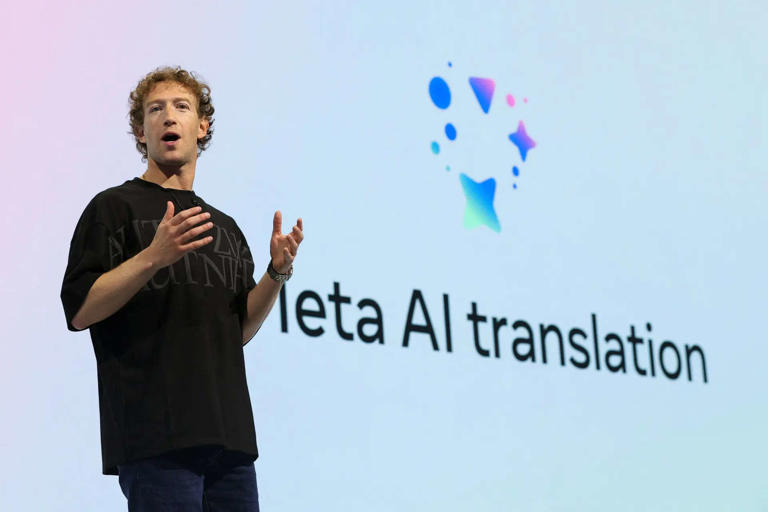Meta is rapidly expanding its data center and computing infrastructure for artificial intelligence (AI), a move that has taken even CEO Mark Zuckerberg by surprise. During a recent earnings call, Zuckerberg elaborated on how this swift build-out has significantly impacted the company's costs, pushing them higher than initially projected.
Zuckerberg noted that Meta’s rising expenses are a direct result of the speed at which teams are deploying data centers, servers, and specialized chips necessary for AI projects. “We’ve been able to do more than we’ve kind of hoped and expected at the beginning of the year,” he remarked, highlighting the efficiency of the execution by his team.
As a consequence of these investments, Meta has adjusted its capital expenditure forecast for 2024, increasing the lower end from $37 billion to $38 billion while maintaining the upper end at $40 billion. Despite the rise in costs, Zuckerberg expressed optimism about the company's capability to continue expanding its AI infrastructure at a robust pace, particularly as they invest heavily in Nvidia’s graphics processing units (GPUs).
Following the earnings report, Meta shares saw a decline in after-hours trading, primarily due to concerns over slower-than-anticipated user growth alongside rising operational costs. Barclays analyst Ross Sandler probed Zuckerberg on the speed at which Meta can build the required infrastructure for generative AI, especially regarding potential challenges like energy demands and the development timeline for custom AI chips.
Zuckerberg praised Meta’s infrastructure team for their performance, stating they are effectively increasing computing capacity for projects like the Llama family of large language models. However, Wall Street has expressed apprehension that tech giants like Meta are overextending their budgets without seeing immediate returns. This sentiment was echoed by Zuckerberg during a prior interview, where he acknowledged the risks of “overbuilding” while also emphasizing the dangers of underinvestment in such a rapidly evolving field.
“The formula around building out the infrastructure is maybe not what investors want to hear in the near term—that we’re growing that,” Zuckerberg admitted. Yet he remains convinced of the substantial opportunities in AI and reiterated his commitment to significant investment in this area.
Meta's Reality Labs division, responsible for developing metaverse technologies, reported an operating loss of $4.4 billion in the third quarter. The company anticipates that losses in this segment will rise significantly in 2024 as it continues to invest in product development and scale its ecosystem.
In summary, while Meta is pushing forward with aggressive investments in AI infrastructure, the financial implications and market reactions suggest that investors remain cautious about the long-term viability of these strategies. The balance between innovation and financial health will be crucial for Meta as it navigates this transformative period.
Read More






 Monday, 09-02-26
Monday, 09-02-26







